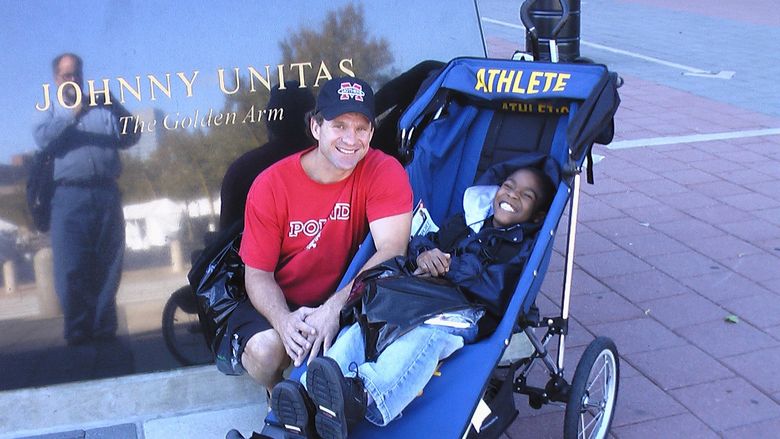Nonprofit Leader: Sarah Sorensen
Organization: Independence Now
Role: Executive Director
Saltzberg Consulting (SC): You stepped into the role of Executive Director for an organization recovering from a crisis. Tell us what you encountered when you arrived.
SARAH: A couple of years earlier an employee had embezzled tens of thousands of dollars from Independence Now and stolen money from staff members. I came in at the time when funders didn't trust us anymore and the Board of Directors had lost many members because of the incident. It was particularly hard on the staff, who’d experienced such betrayal by an employee they knew and trusted. About a month into the job, I shut my office door, broke down in tears and said, “Oh my goodness what have I done?”
SC: Now IN is thriving. How did you turn things around?
SARAH: It helped that I understood how nonprofits operate. I was very familiar with policies and procedures, which may not be sexy, but was just what IN needed. The other piece was changing the culture. The staff were so beaten down and discouraged by the embezzlement and the fallout with funders. The organization was also very siloed – by which I mean, people were so focused on their own programs they’d almost forgotten that we all work for the same organization. I spent a lot of time listening to individual staff members, to understand what they needed. We also worked with a consultant who helped us turn the culture around – to make it much more cooperative and inclusive. Now people from different projects have the chance to inspire and learn from each other.
SC: What kind of support has been most helpful?
SARAH: At the beginning I had monthly meetings with our Board’s Executive Committee. These were people who had been around the organization a long time. Many had been through the thick and thin and they were very committed to independent living, to our work and getting things right. Despite people leaving, the Board of Directors was and is very solid. I also have a great network of other Center for Independent Living Directors for peer support. I've always used Maryland Nonprofits as a resource. I was involved with them before I came to Independence Now, and IN has been a member since its inception. I use them for things like personnel policy samples and sometimes legal things that I'm wondering about, and just general nonprofit related questions. I also belong to a similar, but more locally-focused organization in Montgomery County.
SC: What advice do you have for someone coming in from the outside to lead an established organization… whether they are in crisis or functioning well?
SARAH: I would say to anyone taking on an Executive Director position – particularly for an organization that’s been through difficult times and needs to be righted again – there's a lot of patience involved. It’s also important to be fully engaged in the financial piece of the organization. That means you've got to understand budgets: You've got to know how to develop budgets or be willing to learn those skills. You need to always be watching your budgets, because ultimately you are responsible. Understanding the financial piece also leads to making better decisions, because you know what the organization really needs.
Again, I encourage patience, because understanding the financials takes time. For me, it took two years to really learn our budget. IN’s financial situation is very complex, with money coming from many sources. Even a simple budget will probably take a year to master, because you need to understand the full 12-month cycle.
SC: Thank you Sarah. Do you have anything else you’d like to share?
SARAH: I really believe that the success of an organization depends less on the work of the Executive Director and more on the people she hires – since they’re on the ground doing the work. That said, I am proud that I was able to turn a negative workplace into a positive environment where great things happen and we can help so many people.



